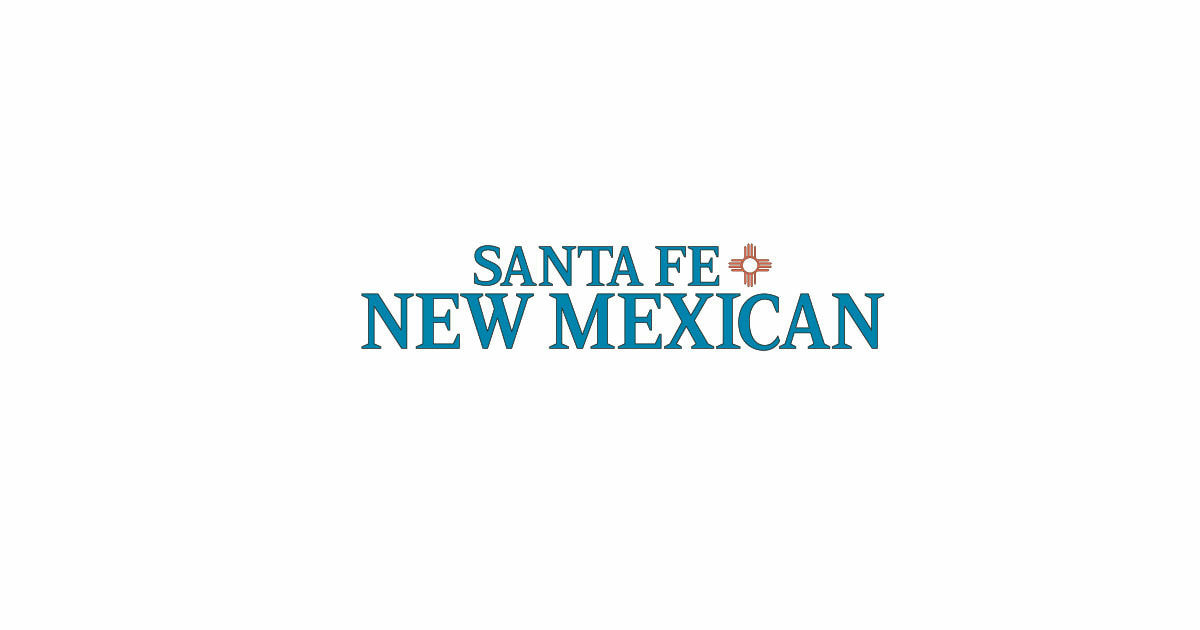|
Education Eliminates Ignorance
The Santa Fe New Mexican October 19, 2003 Extremism is borne of ignorance. As Congress and the public focus on the budget for Iraq this month, we could miss a chance to mend a major rift between the United States and fundamentalists. The President’s budget request includes $345 million to expand cultural and educational exchange programs, especially in countries with Muslim majorities. These programs are not only educational; they are an unconventional way to combat terrorism. Their effect can be difficult to assess, but they challenge the ignorance and hatred that lead to terrorism, and may be critical to future U.S. diplomacy in an unconvinced world. Every American can take part in this often overlooked brand of diplomacy. International education can also improve the American public’s limited knowledge of the outside world. According to National Geographic’s 2002 Global Geographic Literacy Survey, only one out of eight young Americans could locate Iraq on a map, and two out of three could not find England Not surprisingly, respondents who had traveled internationally and who spoke more than one language scored much higher on the test. Fewer than one in five Americans have a passport and only one percent of our college students study abroad. Do our insular habits allow us to have a true understanding of the Muslim world and make informed decisions on foreign policy? We know that international opinions of the United States have crumbled. The Pew Research Center’s most recent survey polled 20 nations and found that the war in Iraq has “widened the rift between Americans and Western Europeans, further enflamed the Muslim world,” and “softened support for the war on terrorism.” Teaching as a Fulbright scholar this past year, I saw how personal contact is a weapon against anti-Americanism, especially in schools. We were privileged to build personal relationships in class, and my students offered me a view into their reasons for protesting America’s involvement in Iraq. Most of these students, who did not know any Americans, were suddenly able to talk to one about everything from The Simpsons to foreign aid. A student of mine told me after class that he now looks at the United States as a group of individual people with different cultural backgrounds rather than as a faceless government with muscle. He said that his impression of Americans had mostly come from television, which broadcast Americans smashing French wine bottles in protest over France’s position on Iraq. To paint a more accurate picture of who we are, let’s allow American citizens to build our image. We have to tell our own story. Personal contact will not do much to change opinion of U.S. foreign policy. Yet foreign publics will see Americans as real people, and may be less quick to accuse us as a nation on an imperialistic binge. American students, professors and other civilians do this work best, not trained diplomats. Foreign scholars who have benefited from educational exchange in the United States echo my experience. After giving a lecture at a university in Pennsylvania, Fulbright scholar Dr. Rachida El-Diwani of Egypt was told by a student that some people in her audience had never met a Muslim and that, thanks to her, they were now beginning to understand Islam. Although the budget is expected to pass Congress, funding is not enough. Educational programs and other aspects of “public diplomacy” are still a very small part of the overall budget. So, while President Bush requests $87 billion for Iraq—250 times the amount proposed for educational programs—let us remember to reserve an adequate piece of the budget for educational and cultural programs. Jens Erik Gould was a J. William Fulbright scholar in Gent, Belgium last year. He received a B.A. in English from the University of Michigan in 2002.
0 Comments
Leave a Reply. |
JENS ERIK GOULDJens Erik Gould is the Founder & CEO of Amalga Group, a pioneering Texas-based nearshore outsourcing firm specializing in IT, software engineering, and contact center staffing. Archives
February 2024
Categories |

 RSS Feed
RSS Feed